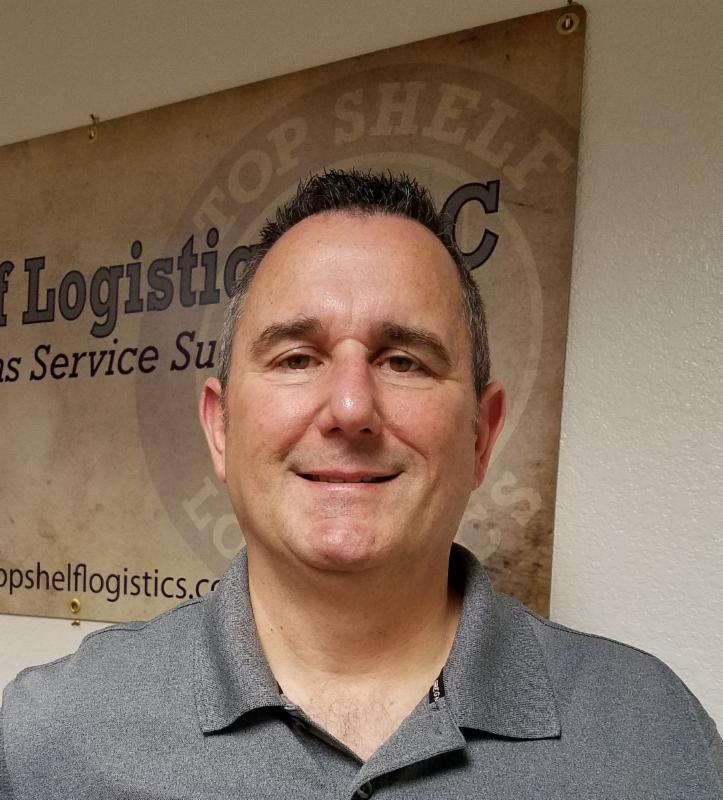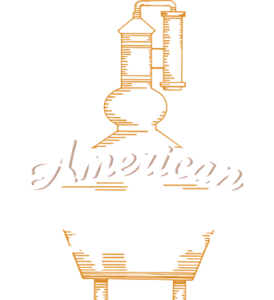ACSA Interview
A Q&A with Your ACSA Family
We asked Richard Baduini of freight services company Top Shelf Logistics (pictured) about critical issues associated with the complexities of the beverage alcohol supply chain in the United States. Read on to get some of Richard’s expert insights.

Can you describe your role at Top Shelf?
Richard Baduini: Our role is to improve supply chain processes for our customers. By first listening, then collaborating, we create and sustain processes for the distillery which usually revolve around inbound and outbound transportation. In daily practice, we operate those sustainable processes as an outsourced provider, improving distillery throughput and freight capacity reliability.
What are some trends you’ve noticed in the craft spirits industry?
RB: In the context of transportation, in general there’s not much awareness at the distillery of freight costs which are often included in FOB dock distributor shipments or when receiving loads from suppliers where the freight costs are built in. Or how much those costs eat into profit margin. If the distillery isn’t aware and managing/negotiating those freight costs, then they’re probably paying more than they should be. Especially relevant since after a 3 year lull, freight costs are on the rise again. Remember that Bailment/Control states expect the distillery to handle the freight arrangements, so sooner or later you will need to engage directly. Sooner is better.
What have been some specific transportation concerns for craft distilleries?
RB: In the many interactions with craft distillers I often hear about poor service from their transportation providers. Late deliveries of raw materials (e.g. grains or bottles) ruin planned run dates, resulting in wasted labor costs and missing related promise dates to either to distributors or bailments. Meanwhile, late pickups of finished goods create space issues on the limited distillery floor and can cause a negative perception of the distillery from those same customers.
Are there any shipping methods that you’ve found are more successful for transporting spirits?
RB: Most craft distilleries are shipping a few pallets of product. This is known as a “less than truckload” or an “LTL” shipment. Generally, the larger the shipment, the lower your cost per unit (case) on finished goods. Most importantly they should partner with an established and well respected third-party logistics (3PL) provider who negotiates with many LTL carriers on the aggregate of all their customers’ freight and receives discounts—and, in turn, passes along lower rates to the distillery. When doing so, always use your third-party company bill of lading (BOL), which ensures you get the discount they negotiated.
Choosing A Craft Distillery Transportation Company
There is no doubt the number of craft distilleries in the United States is on the rise. In 2005, they numbered 50 and by the end of 2015 the American Craft Spirits Association put the figure at 800. If you are a newcomer entering this business, your business plan needs to address craft distillery transportation since it plays a vital role in the health of a company. At Top Shelf Logistics we know working with a reliable and cost-effective transportation company can really help your bottom line and increase your chances of success.
How to Choose the Right Transportation/Logistics Company
Finding a partner in transportation logistics is a big deal and way more important than finding a truck driver to shuttle products from point A to point B. One needs to take into account the security of products to each destination and reliability to hit a specified timeframe regardless of driving conditions and other unexpected events. At Top Shelf Logistics we use our vast experience and resources to ensure quality liquor transport of any type or size.
As the owner/operator of a craft distillery, transportation of your product to its end customer is your responsibility even if it’s not something you know a lot about. A large percentage of small spirit producers outsource this component of their business. Make sure to think about the following questions when choosing your carrier.
- Do they have experience with craft distillery transportation?
- Are they aware of the intricacies of shipping, handling and expediting liquor and other spirits?
- Are they aware of regulations regarding cross-state transportation of liquor? Many are very state-specific and some laws are stricter when it comes to craft distillery transportation – including its drivers and vehicles. Failure to comply can result in large penalties and/or sanctions.
- What methods of transportation are you going to use?
- What technology is involved?
Make sure you ask the necessary questions because in the end you are responsible for you fulfills on your logistics needs
The Best in Craft Distillery Transportation
At Top Shelf Logistics, we urge you to take your time in choosing who will handle the transportation of your products. We know your research will show you how efficient, reliable and cost-effective Top Shelf’s services are with regards to the highly demanding craft distillery transportation system.








